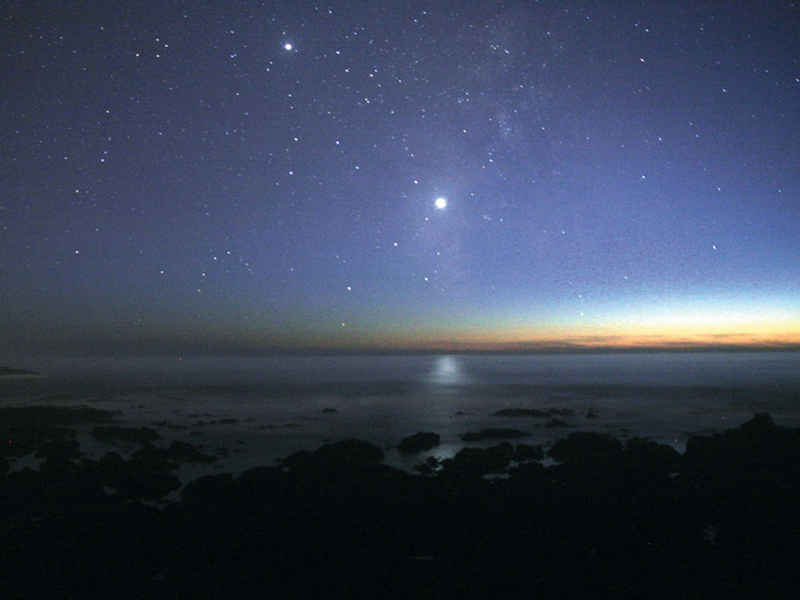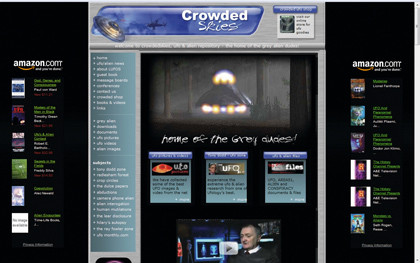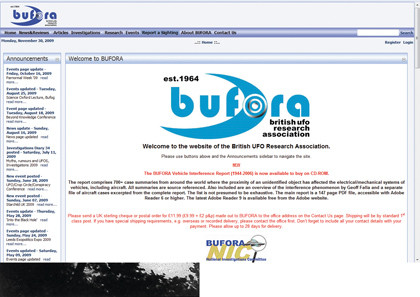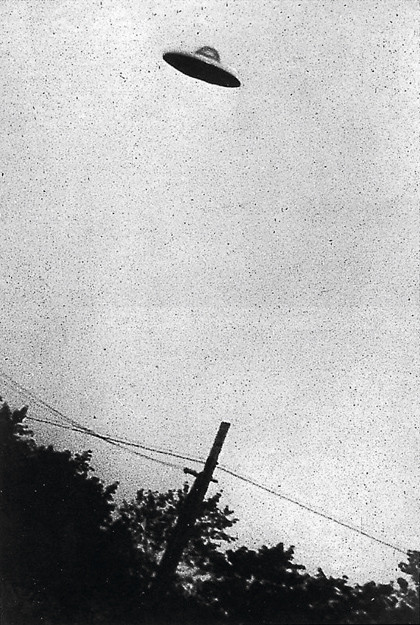
This is a world in which information and disinformation are fast becoming completely indistinguishable.
It's a world in which we can't hide: anyone can electronically reach out and communicate with almost anybody else. And as the internet consolidates its grip on humanity, it's forcing great change on even the most esoteric niches of society.
Take the practice of ufology. The internet has certainly brought it chaos, but it has also been a catalyst for new life and opportunities. It's now easier to be taken seriously if you have what you believe is an extra-terrestrial experience– and the very organisations you might try to contact in this case have also had to adapt to change brought about by the internet.
"I think that without the internet, we couldn't exist," says veteran ufologist Roy Lake of London UFO Studies. "I had a lady who phoned me this morning from Reading. She had a sighting last night and she wanted to know what it was. She found our website and obviously our phone number is on there and so she phoned straight away. And she was quite happy to get through to us and that we didn't dismiss her. We take it all quite seriously."

THE UFO CENTRE: Ufology groups now use the web as a first point of contact for both the press and the public
As with most other fields of human endeavour, the internet is transforming the face of ufology in unexpected ways. "It's the internet that keeps us all going and alert," says Lake. "Some of the stuff that comes in you can say is a load of rubbish, but there's also a lot of good stuff. It reaches us and we really look into it. And without the internet, we might as well just pack it all in."
Gloria Heather Dixon is the Investigations Coordinator for BUFORA, the British UFO Research Association. Formed in 1962, it's probably the best-known of the UK's ufology groups. "One of the problems," she told PC Plus magazine, "and I say this with respect, is that there's such a lot of nonsense on the internet. I've never seen anything like it. Once people get onto the internet, they get my email address because I'm head of investigations and they come through to me."
Get daily insight, inspiration and deals in your inbox
Sign up for breaking news, reviews, opinion, top tech deals, and more.

INVESTIGATING: BUFORA now has a sighting questionnaire to help them filter out false positives
Contact from a distance
The internet has certainly made it far easier for people to report what they believe may be UFOs, but has it increased the number of false sightings that come in to serious researchers?
"98 per cent of all sightings can be explained if they're reported soon enough," says Dixon. "One of the major reasons for misconception is that many people don't realise what's in the sky that can be seen and misidentified. We do get an awful lot of email both to our central office in London and to investigators. We have emails from across the world, from other UFO groups, from airports, even from universities. We get things from everywhere," she says emphatically.
"The only drawback with a PC is that you can't see the person who's sending you the information," adds Lake. "I always stress that you must contact me, or if you can come round that's even better. I don't criticise anybody, I don't dismiss anybody and I don't turn around and say you're talking a load of nonsense. It's not fair on the person anyway."
Knowing he's at a disadvantage, Lake is pragmatic when it comes to possible pranksters: "Obviously there are a lot of publicity seekers out there, but there are also the genuine ones. Like this lady this morning, she was over the moon. She said, 'I can't thank you enough. It's nice to talk to somebody without them laughing at me,' so it works both ways – and she found us by looking on the internet. It's very rewarding."
"We always deal with [publicity seekers] graciously," adds Dixon, "but there are exotic claims. Those in the 1990s were influenced by things like The X Files and all the things going on in the media, which influences people's beliefs radically."

THE WEB EFFECT: The web is making it easier for the public to investigate what they see in the skies
The location of those visiting UFO websites also reveals some intriguing information. "We get correspondence from all over the world and that's what this is all about: the information coming in from all over the world," says Lake. "If you look on our guestbook, you'll see a lot of people writing in from the United States, including the military. They're very interested in the abduction side of things, so I believe there's more to this than meets the eye."